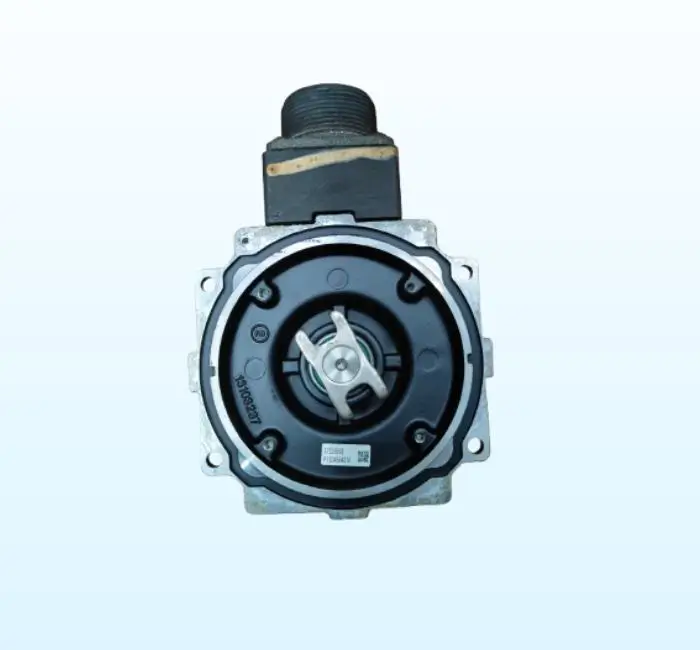Servo Motor Encoder
A servo motor encoder is a crucial component in servo motor systems, used to provide precise feedback on the motor’s position, speed, and direction. It enables closed-loop control by sending real-time data to the controller, ensuring the motor operates accurately according to the desired motion profile.
A servo motor encoder is a crucial component in servo motor systems, used to provide precise feedback on the motor’s position, speed, and direction. It enables closed-loop control by sending real-time data to the controller, ensuring the motor operates accurately according to the desired motion profile.
There are two main types of encoders used in servo motors: incremental and absolute. Incremental encoders generate pulses as the motor shaft rotates, which are counted to determine position and speed. Absolute encoders, on the other hand, provide a unique digital code for each shaft position, offering more accurate and reliable feedback, especially after power loss.
The encoder is typically mounted on the back of the motor and consists of a sensor and a rotating disk with patterns or marks. As the shaft spins, the encoder reads these patterns and converts them into electrical signals. These signals are then interpreted by the motor controller to adjust motor output in real time.
Encoders are essential in applications that demand high precision, such as robotics, CNC machines, and industrial automation. By continuously monitoring the motor’s performance, servo motor encoders enhance accuracy, repeatability, and overall system efficiency.

 Cart is empty
Cart is empty 
Reviews
There are no reviews yet.